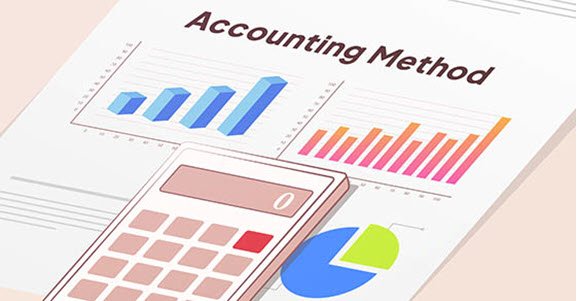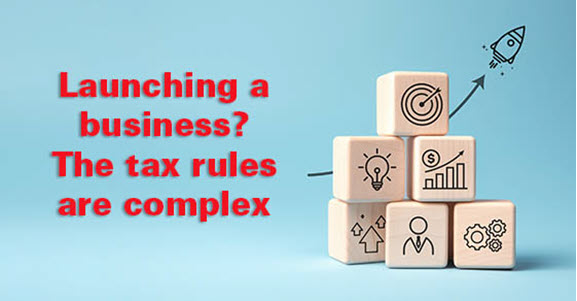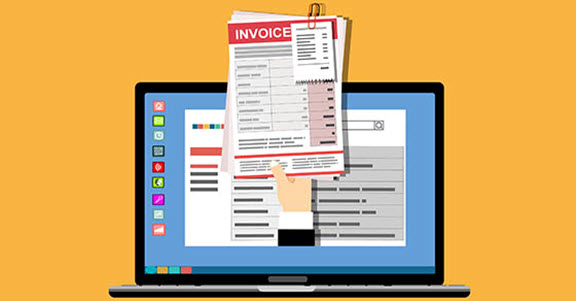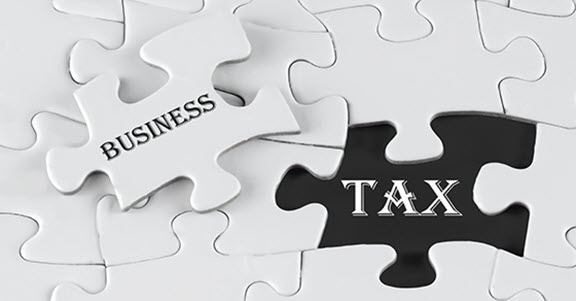Businesses often face the choice between using the cash or accrual method of accounting for tax purposes. While the cash method can offer substantial tax benefits for those who qualify, some businesses might find the accrual method more advantageous. It’s crucial to carefully assess the most suitable tax accounting method for your business to maximize benefits.
Understanding Your Options
According to the tax code, “small businesses” generally have the option to use either the cash or accrual accounting method for tax purposes. In some cases, businesses may also be eligible to use a hybrid approach. Prior to the Tax Cuts and Jobs Act (TCJA), the gross receipts threshold for qualifying as a small business ranged from $1 million to $10 million. This variation depended on factors such as the business’s structure, industry, and whether inventory played a significant role in income generation.
The TCJA brought simplification by setting a single gross receipts threshold and increasing it to $25 million (adjusted for inflation). This change extended small business benefits to a larger group of companies. For 2024, a business is considered a small business if its average annual gross receipts for the three-year period ending before the 2024 tax year are $30 million or less (an increase from $29 million in 2023).
In addition to eligibility for the cash method, small businesses benefit from simplified inventory accounting, exemption from uniform capitalization rules, and the business interest deduction limit, among other tax advantages. Notably, certain businesses can use the cash method even if their gross receipts exceed the threshold, including S corporations, partnerships without C corporation partners, farming businesses, and specific personal service corporations. However, tax shelters, regardless of their size, are not eligible for the cash method.
Key Advantages
For many businesses, the cash method offers significant tax benefits. Under this method, businesses recognize income when it is received and deduct expenses when they are paid, providing greater control over the timing of income and deductions. For example, a business can defer income by delaying invoicing until the next tax year or accelerate deductions by paying expenses earlier.
Conversely, businesses using the accrual method recognize income when it is earned and deduct expenses when they are incurred, irrespective of when cash transactions occur. This method offers less flexibility in managing the timing of income and expense recognition for tax purposes.
The cash method can also aid in cash flow management, as income is taxed in the year it is received, ensuring businesses have the necessary funds to meet their tax obligations.
However, in some cases, the accrual method might be more advantageous. If a company’s accrued income is typically lower than its accrued expenses, using the accrual method could result in a reduced tax liability compared to the cash method. Other potential benefits of the accrual method include the ability to deduct year-end bonuses paid within the first 2.5 months of the next tax year and the option to defer taxes on certain advance payments.
Considerations When Changing Methods
Even if switching from the accrual to the cash method (or vice versa) offers tax advantages, it is essential to weigh the administrative costs of making the change. For example, businesses that prepare financial statements according to U.S. Generally Accepted Accounting Principles (GAAP) must use the accrual method for financial reporting.
Does this mean the cash method cannot be used for tax purposes? No, businesses can still use the cash method for tax purposes, but this would require maintaining two separate sets of books. Additionally, changing accounting methods for tax purposes may require approval from the IRS.
Choosing between cash and accrual accounting methods is a significant decision with considerable tax implications. Contact us to learn more about each method and determine the best option for your business.
Q&A:
What are the main differences between the cash and accrual methods of accounting for tax purposes?
The cash method recognizes income when it’s received and deducts expenses when they’re paid, offering businesses flexibility in timing income and deductions. The accrual method recognizes income when it’s earned and expenses when they’re incurred, regardless of when cash transactions occur, providing less flexibility in timing for tax purposes.
How did the Tax Cuts and Jobs Act (TCJA) impact small businesses regarding their choice of accounting method?
The TCJA simplified the definition of a small business by establishing a single gross receipts threshold and increasing it to $25 million (adjusted for inflation). For 2024, the threshold is $30 million. This change allowed more businesses to qualify as small businesses, making them eligible for the cash method of accounting and other tax benefits.
What are the potential advantages of using the cash method of accounting for tax purposes?
The cash method offers significant tax advantages by allowing businesses to control the timing of income and deductions. It also provides cash flow benefits, as income is taxed when received, ensuring funds are available to pay tax liabilities. Additionally, it allows for income deferral and deduction acceleration, offering greater flexibility.
What considerations should businesses keep in mind when switching between cash and accrual accounting methods?
Businesses should consider the administrative costs of maintaining two sets of books if using different methods for financial reporting and tax purposes. They should also be aware that switching methods may require IRS approval. It’s essential to evaluate the overall tax benefits against these potential costs before making a change.






